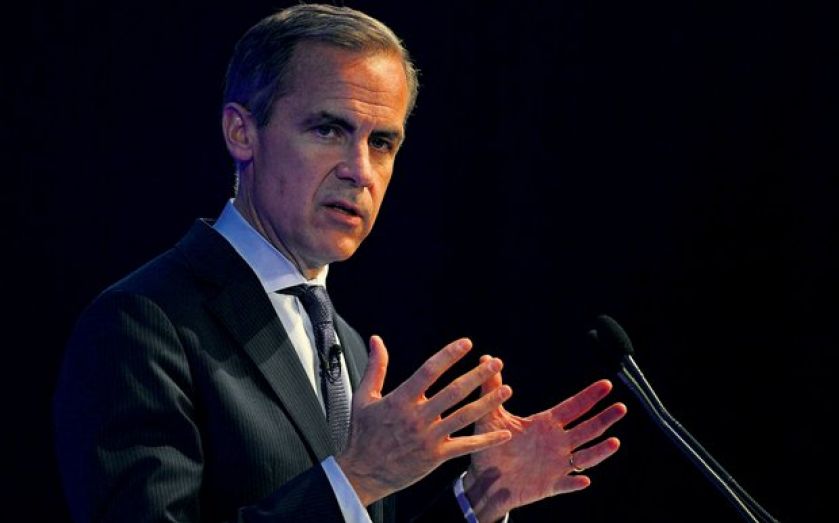Strong growth may prompt an early rate hike

MORE policymakers should consider voting for a rate hike at the Bank of England this Thursday, former interest rate setters told City A.M.
July saw a break in unanimity at the Monetary Policy Committee (MPC), with two out of the nine policy makers voting for a rise of 0.25 per cent from its current level of 0.5 per cent. The same two voted for a hike again in August.
This was the first time the committee had not voted unanimously to hold interest rates since August 2011, and the economic recovery means pressure is growing for a rate hike.
Ex-MPC member Dame Kate Barker told City A.M. that robust growth means that rates could begin to rise gradually to more normal levels despite low inflation.
However, Barker remains wary of households’ sensitivity to interest rate rises.
Andrew Sentance, another former MPC member, also saw the UK’s strong growth as a signal that rates should begin to rise soon.
Sentance told City A.M. that it would be smarter to raise rates very gradually now, while inflation was low, instead of waiting for price rises to overshoot the two per cent target.
Inflation was only 1.5 per cent in the year to August, although within the one per cent range either side of the target.
However, the MPC targets inflation 18 months to two years in the future, putting more focus on factors expected to move prices – currently the committee is watching the jobs market closely, to see when wages will rise, putting pressure on prices.
Although growth is strong, some recent survey data shows a slow down in manufacturing over August and September that coincides with the economic slowdown on the continent.
Markit’s manufacturing purchasing managers’ index, often a reliable indicator of GDP, took a tumble over the summer. It fell from 77.5 in June to reach 51.6 in September, barely above the 50 mark which signifies no change in output.
The decline coincides with economic decline in the Eurozone, which is still battling deflation and struggling to maintain an economic recovery. As the EU is the UK’s largest export market, its woes are likely to hold back some MPC members from voting for a rate hike.
The minutes of the meeting held in September show that the MPC are concerned by the sharp decline in the manufacturing data. They attribute it to lack of demand from Europe and also the strength of sterling.